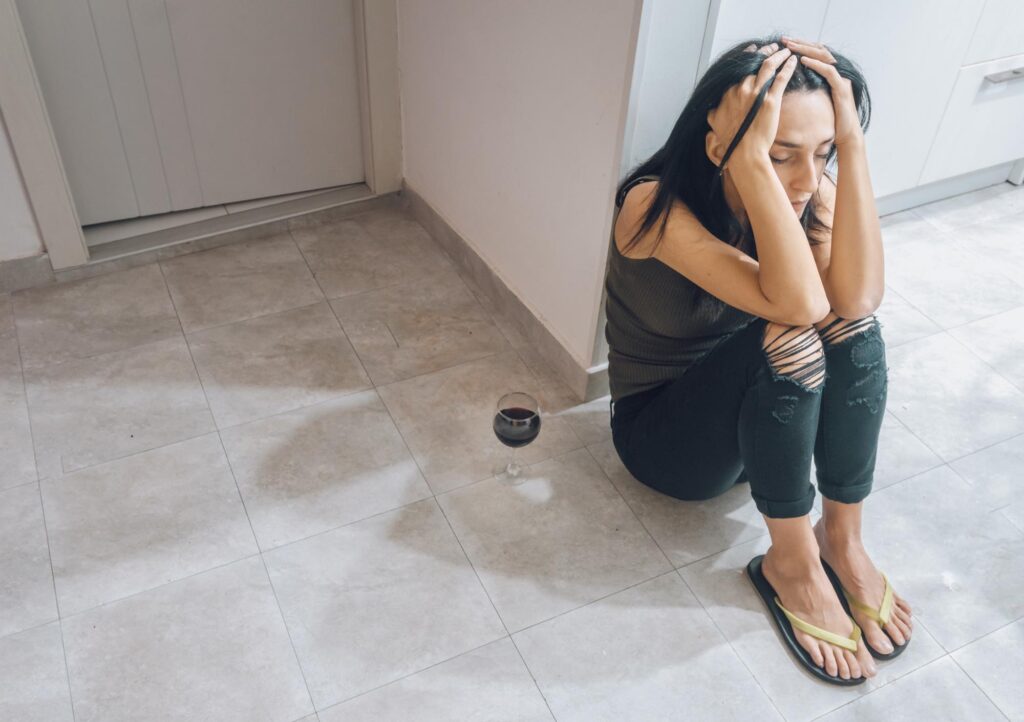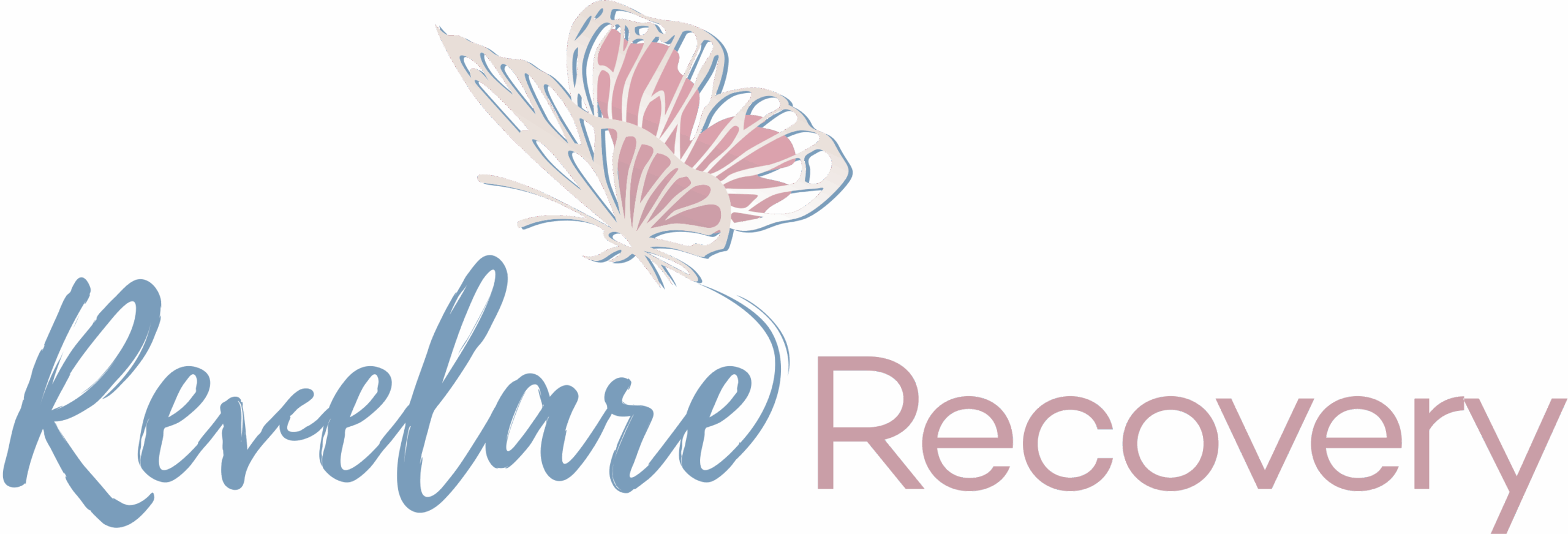Using Alcohol to Cope with Holiday Social Anxiety? A Guide to Help
Understanding Holiday Social Anxiety
Social anxiety disorder (SAD) is more than just feeling shy at parties. It’s an intense, persistent fear of being judged, embarrassed, or scrutinized in social situations. For the millions of women living with this condition, the holiday season can feel like navigating a minefield of uncomfortable interactions and overwhelming expectations.
The holiday challenges seem to multiply everywhere you turn:
- Family gatherings where distant relatives ask intrusive questions.
- Office parties where small talk feels excruciating.
- Crowded shopping malls that trigger sensory overload.
Each event carries the weight of social expectations—to be cheerful, engaged, and present—when your nervous system is screaming the opposite message.
Common triggers during holiday events include:
- Loud, chaotic environments with multiple conversations happening simultaneously
- Being the center of attention when opening gifts or making toasts
- Meeting new people or reconnecting with acquaintances you barely remember
- Pressure to appear happy and festive when you’re struggling internally
The anxiety symptoms manifest in both body and mind:
- Your heart races before walking into a party.
- Your palms sweat during conversations.
- You replay every interaction afterward, convinced you said something wrong.
- The physical sensations—nausea, dizziness, trembling—combine with emotional exhaustion to make what should be joyful occasions feel like endurance tests.
You’re not alone in this struggle, and you’re not being dramatic. Your experience is valid, and there are healthier paths forward.
The Role of Alcohol in Coping with Holiday Social Anxiety
When you’re standing at the entrance of a holiday party, heart racing and palms sweating, that glass of wine or cocktail can feel like a lifeline. Many women reach for alcohol as a quick fix to quiet the internal dialogue of self-doubt and worry. It seems to work at first—the warmth spreading through your body, the loosening of tight shoulders, the sudden ability to join conversations without overthinking every word.
This pattern of holiday drinking often starts innocently. You notice that one drink takes the edge off, making small talk feel less excruciating. The problem? What begins as an occasional coping mechanism can quickly become your go-to strategy for managing social discomfort.
The anxiety relief myths surrounding alcohol are particularly dangerous:
The illusion versus reality:
- What feels true: Alcohol reduces anxiety and helps you relax
- What actually happens: Your body experiences a rebound effect, often triggering heightened anxiety, panic attacks, or even withdrawal symptoms the next day
Holiday drinking creates a vicious cycle. Each time you rely on alcohol instead of developing genuine coping skills, you reinforce the belief that you need it to function socially. Your brain never learns that you’re capable of managing these situations on your own. The temporary relief comes at the cost of long-term confidence and emotional resilience—and potentially your relationship with alcohol itself.

Healthier Strategies to Manage Holiday Social Anxiety
The good news? You don’t have to rely on alcohol to get through holiday gatherings. There are proven, sustainable ways to manage social anxiety that actually work with your nervous system instead of against it.
1. Cognitive Behavioral Therapy (CBT)
Cognitive behavioral therapy (CBT) stands as one of the most effective treatments for social anxiety. This approach helps you identify and challenge the negative thought patterns that fuel your worry—like “Everyone will think I’m awkward” or “I’ll say something embarrassing.” Through CBT, you learn to replace these thoughts with more realistic, compassionate perspectives. Many women find that working with a therapist who specializes in anxiety can transform their relationship with social situations entirely.
Practical Approaches Before an Event
When you’re preparing for an event, try these practical approaches:
- Preplan a few conversation topics that feel comfortable—maybe something you genuinely care about or a neutral subject like holiday traditions
- Shift your focus inward rather than obsessing over others’ reactions; remind yourself that most people are too worried about themselves to scrutinize you
- Practice positive self-talk before and during events: “I’m doing my best, and that’s enough”
- Set clear boundaries about which events you’ll attend and for how long
The Power of Self-Compassion
Self-compassion becomes your secret weapon here. Treat yourself with the same kindness you’d offer a dear friend struggling with similar feelings. Remember that taking breaks during gatherings isn’t rude—it’s healthy coping skills in action. Step outside for fresh air, find a quiet corner, or excuse yourself to the restroom when you need to reset. This concept of self-compassion is not only beneficial for managing social anxiety but it also plays a crucial role in maintaining stability for those dealing with mental health issues such as bipolar disorder.
The Importance of Routine
Maintaining your regular sleep schedule, exercise routine, and meal times throughout the holiday season provides an anchor when everything else feels chaotic. These routines not only help in managing social anxiety but they also contribute significantly towards overall mental health, making them essential during the holiday season.
Support Systems for Navigating Holiday Social Anxiety Without Alcohol
You don’t have to face holiday gatherings alone. Building strong support networks makes all the difference when anxiety threatens to overwhelm you during the season.
Lean on Your Circle
Reach out to trusted friends or family members who understand what you’re going through. Let them know you might need:
- A familiar face to stay near during crowded events
- A quick text check-in when anxiety peaks
- An exit buddy who can leave with you if things become too much
- Someone to debrief with after challenging social situations
Having even one person in your corner transforms how manageable these gatherings feel.
When to Seek Professional Support
Sometimes anxiety and alcohol use become so intertwined that professional guidance becomes essential. Licensed therapists trained in therapy options like Acceptance and Commitment Therapy can help untangle these patterns and build sustainable coping strategies.
Behavioral health centers specializing in co-occurring conditions—like anxiety paired with substance use concerns—offer comprehensive care that addresses both issues simultaneously. At Revelare Recovery Center in Atlanta, women receive personalized treatment through an integrated, trauma-informed approach that recognizes how these challenges often fuel each other.
You deserve support that sees the whole picture of your experience. Whether through a trusted confidant or a specialized treatment program, reaching out is the first step toward enjoying holidays free from both anxiety and alcohol dependence. If you’re a woman struggling with alcoholism, it’s crucial to seek help early due to unique risks associated with this issue. Furthermore, understanding dual diagnosis can provide key insights and support for mental health and addiction challenges that may arise during this time.
